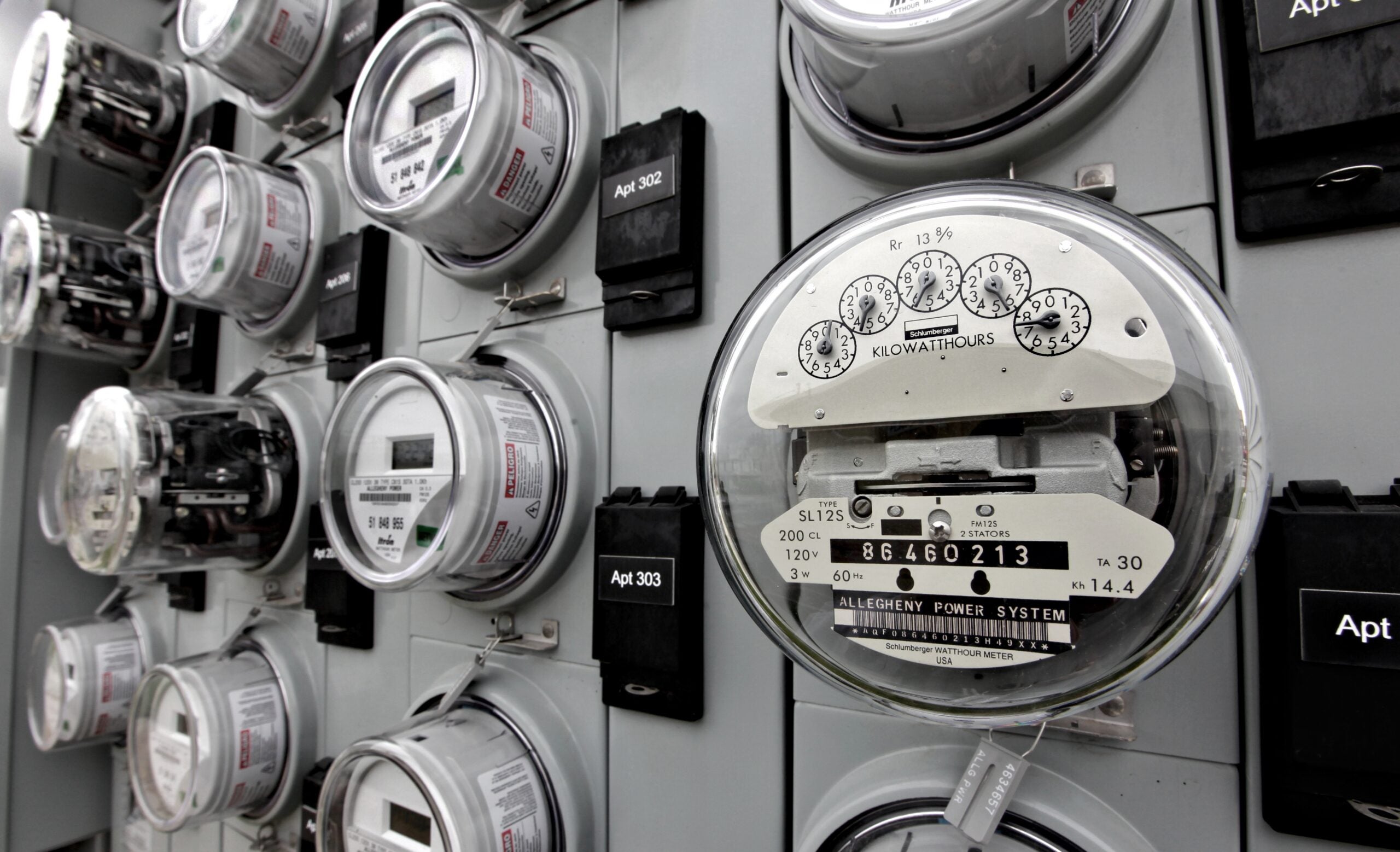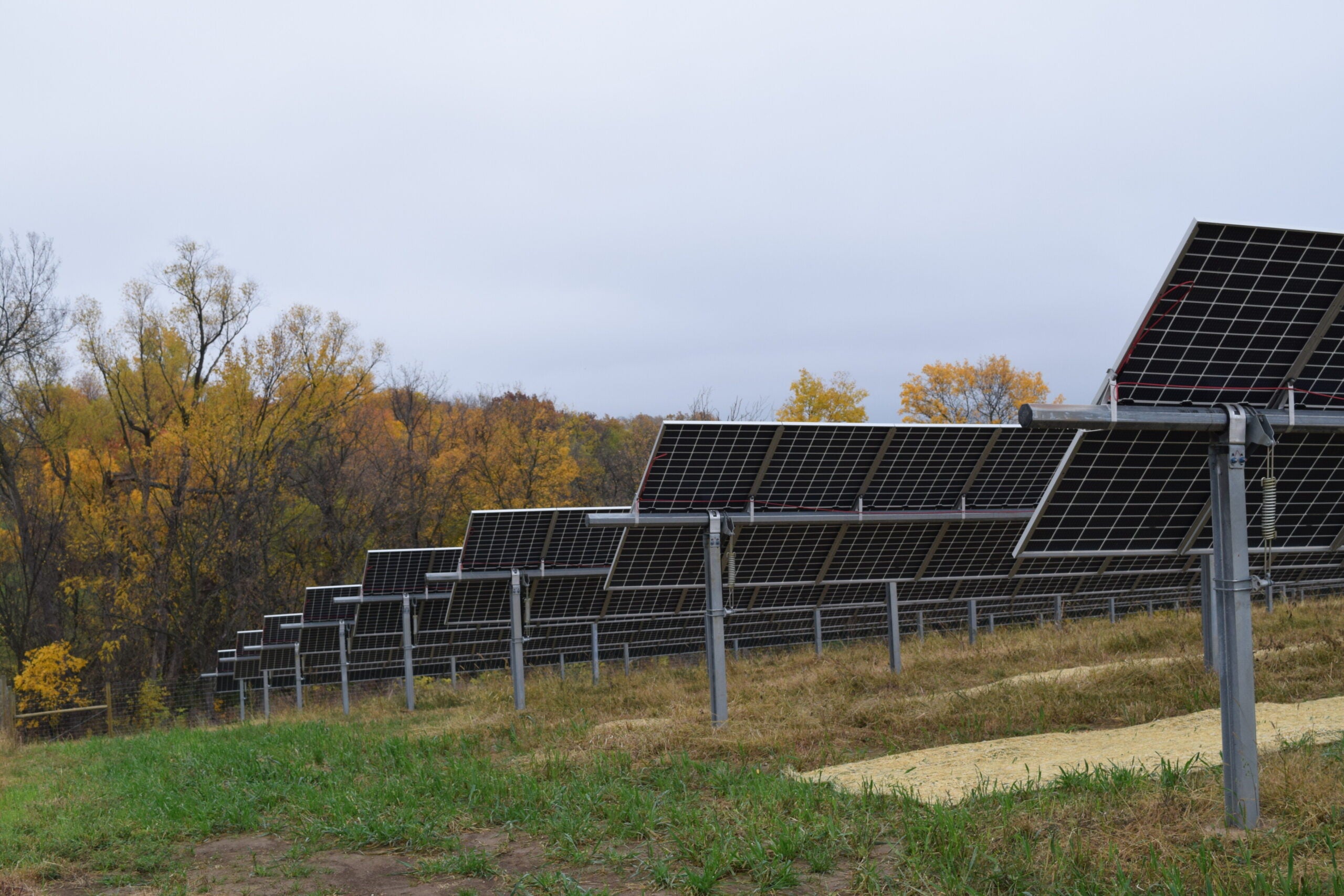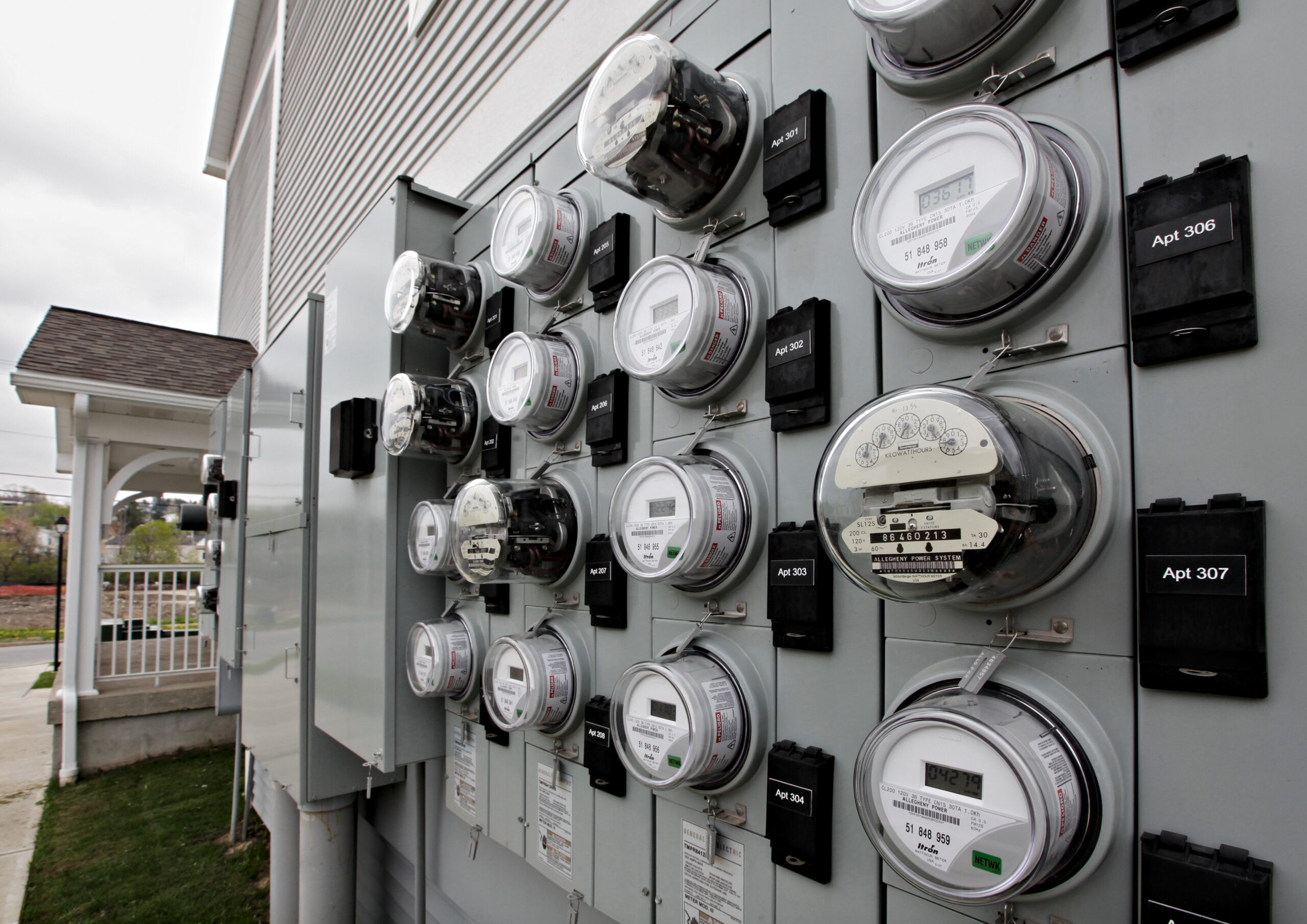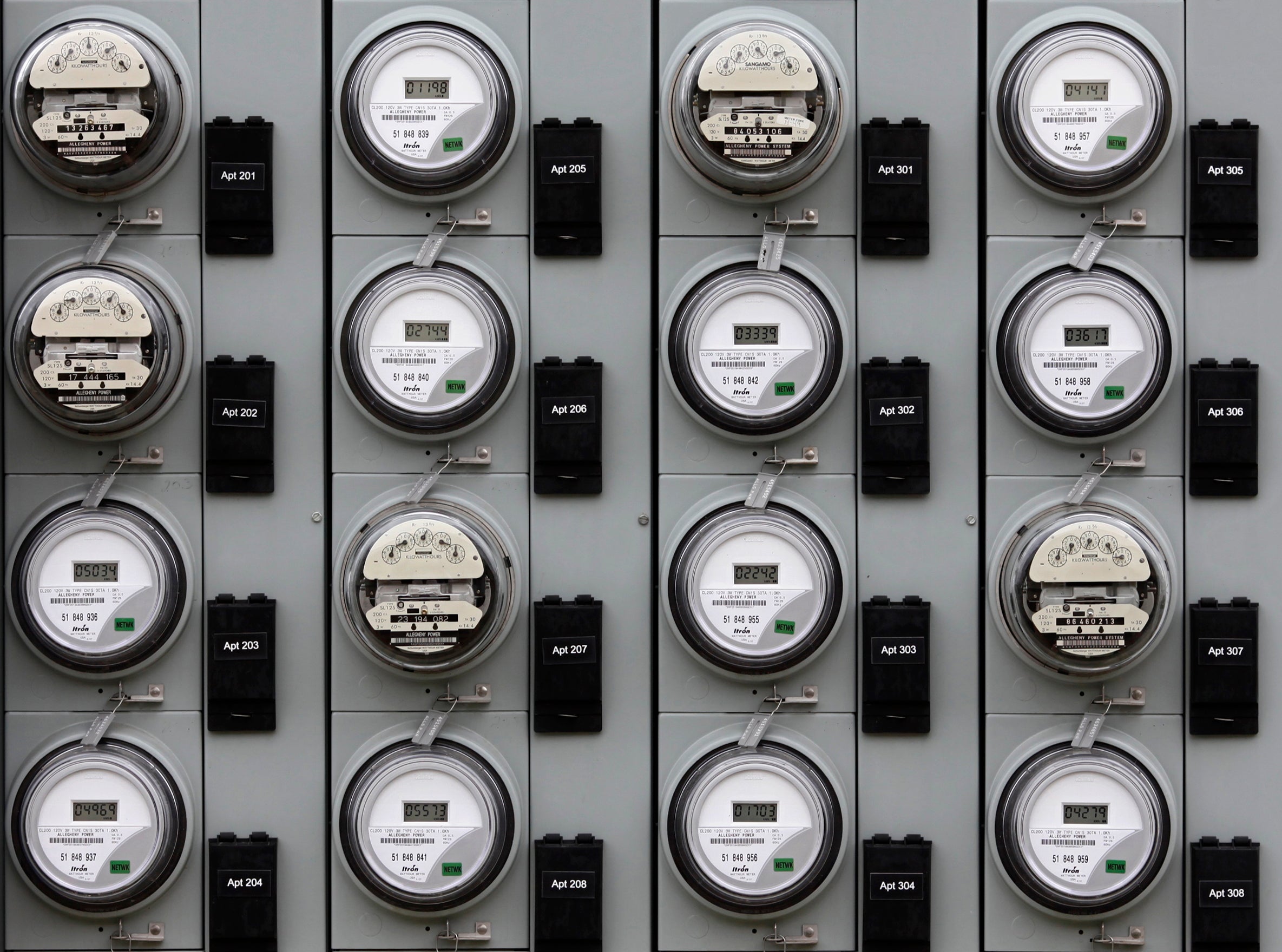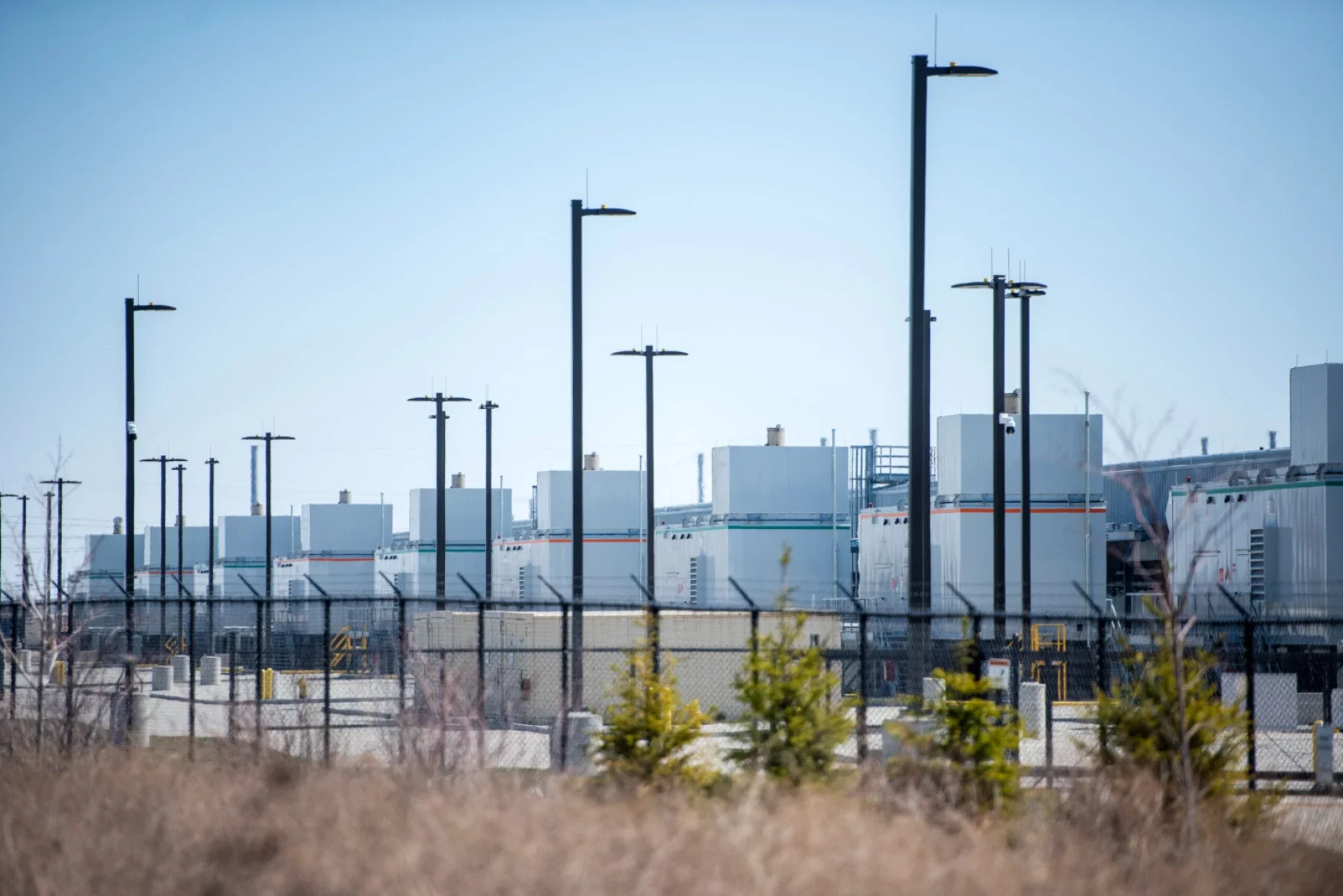The Wisconsin Public Service Commission has accepted utilities’ plans for managing the amount of money customers owe on unpaid utility bills as many people have fallen behind due to the COVID-19 pandemic.
Last year, the PSC issued an order in March that barred utilities from disconnecting service due to nonpayment during the COVID-19 crisis. Regulators decided to end the year-long moratorium on utility shutoffs this month.
As of February, more than 93,000 residential customers met the threshold for disconnection due to unpaid bills along with roughly 4,800 business customers. By the end of last year, utilities had seen customers’ past-due balances grow to at least $309 million — an increase of 58 percent from the year before.
News with a little more humanity
WPR’s “Wisconsin Today” newsletter keeps you connected to the state you love without feeling overwhelmed. No paywall. No agenda. No corporate filter.
Last fall, the commission directed utilities to submit a plan by Jan. 15 for managing those unpaid bills, including through customer assistance, collections policies and other strategies.
The commission received plans from 374 utilities, of which 60 percent reported greater past-due balances than previous years. Utilities reported efforts to connect customers with energy assistance programs to help them pay off their bills. Many utilities plan to address past-due amounts through deferred payment agreements, so they don’t contribute to an overall rate increase. The majority also reported offering lower or no down payments as part of those agreements, as well as more time to pay off unpaid bills.
PSC Chair Rebecca Valcq said the plans submitted by utilities appeared to reflect business as usual. She urged utilities to continue to collaborate with community organizations to get the word out about energy assistance that’s become available to customers through federal COVID-19 relief.
“It’s important, in my mind, that utilities understand this isn’t business as usual, that we’re in a unique circumstance, and we are doing everything we can to get their customers who need it most access to federal dollars,” said Valcq. “But, there’s got to be some movement.”
The recently signed $1.9 trillion COVID-19 relief package includes more than $45 billion in rental and utility assistance, including $4.5 billion through the Low-Income Home Energy Assistance Program.
Gov. Tony Evers has also announced $322 million through a state emergency rental assistance program that provides rental and utility assistance to customers. That money is part of $25 billion in rental and utility assistance made available through the $900 billion COVID-19 relief deal reached in December.
The commission stopped short of directing utilities to work with staff on specific outreach strategies with customers. Commissioner Ellen Nowak said utilities recognize it’s not business as usual and have been providing extraordinary flexibility in down payment arrangements.
“They have been providing a service through this pandemic without skipping a beat,” said Nowak. “We have put pressure on that, and I think caused some of these larger arrearages.”
Some of the state’s five largest investor-owned utilities have indicated they plan to resume disconnections of residential customers as a last resort to recover unpaid bills, including We Energies and Wisconsin Public Service. Xcel Energy has said the utility plans to recover costs through a future rate case.
The Wisconsin Utilities Association said in comments filed with the commission that its members have provided more flexibility to customers with payment plans and connected them with financial assistance programs.
“(U)tilities are working hard to address each customer’s unique arrearage circumstances, and the recently approved federal COVID Relief package offers significant resources to help address utility customer arrears,” wrote Bill Skewes, the association’s executive director.
The state’s largest utilities are also utilizing programs that will forgive unpaid bills for low-income customers.
Many municipal utilities told the commission they’re examining options to help customers pay their bills, according to comments filed with the commission by the Municipal Electric Utilities of Wisconsin.
“Faced with historically high arrears and customers struggling with job loss and health and safety concerns, many municipal utilities have re-evaluated their collections procedures and are demonstrating enhanced flexibility to set up deferred payment arrangements (DPAs), while also helping customers access available energy-assistance resources,” wrote Tim Heinrich, MEUW’s executive director.
Yet, municipal utilities commonly cited plans to collect past-due balances through a special charge on customers’ property taxes.
The Citizens Utility Board said in comments to the commission that it was “somewhat heartened” to see that many utilities are offering more flexibility to customers seeking to pay off their balances.
“In particular, changes that decrease the initial installment payment, lower the monthly payment amount required, and/or provide a payment period of 12 months or greater will dramatically increase the likelihood that customers with unpaid balances will be able to navigate a path back to good standing with their utilities,” wrote Corey Singletary, a utility analyst for CUB.
However, the consumer advocacy group said it was disappointed that municipal utilities seemed to be focusing efforts on recovering past-due bills through customers’ property taxes. The board added that many utilities have been requiring high down payments of up to 50 percent of those balances in repayment plans.
Commissioner Tyler Huebner said utilities should continue to examine down payments they require for customers seeking to pay off their bills.
“If you’re still at 50 percent down payment, is that really reasonable for some of the customers that are coming to you with arrears at this time,” said Huebner.
The PSC and utilities have been encouraging customers to seek energy assistance and work out payment plans as the state is set to lift its year-long moratorium on utility shutoffs next Thursday, April 15.
Wisconsin Public Radio, © Copyright 2025, Board of Regents of the University of Wisconsin System and Wisconsin Educational Communications Board.

